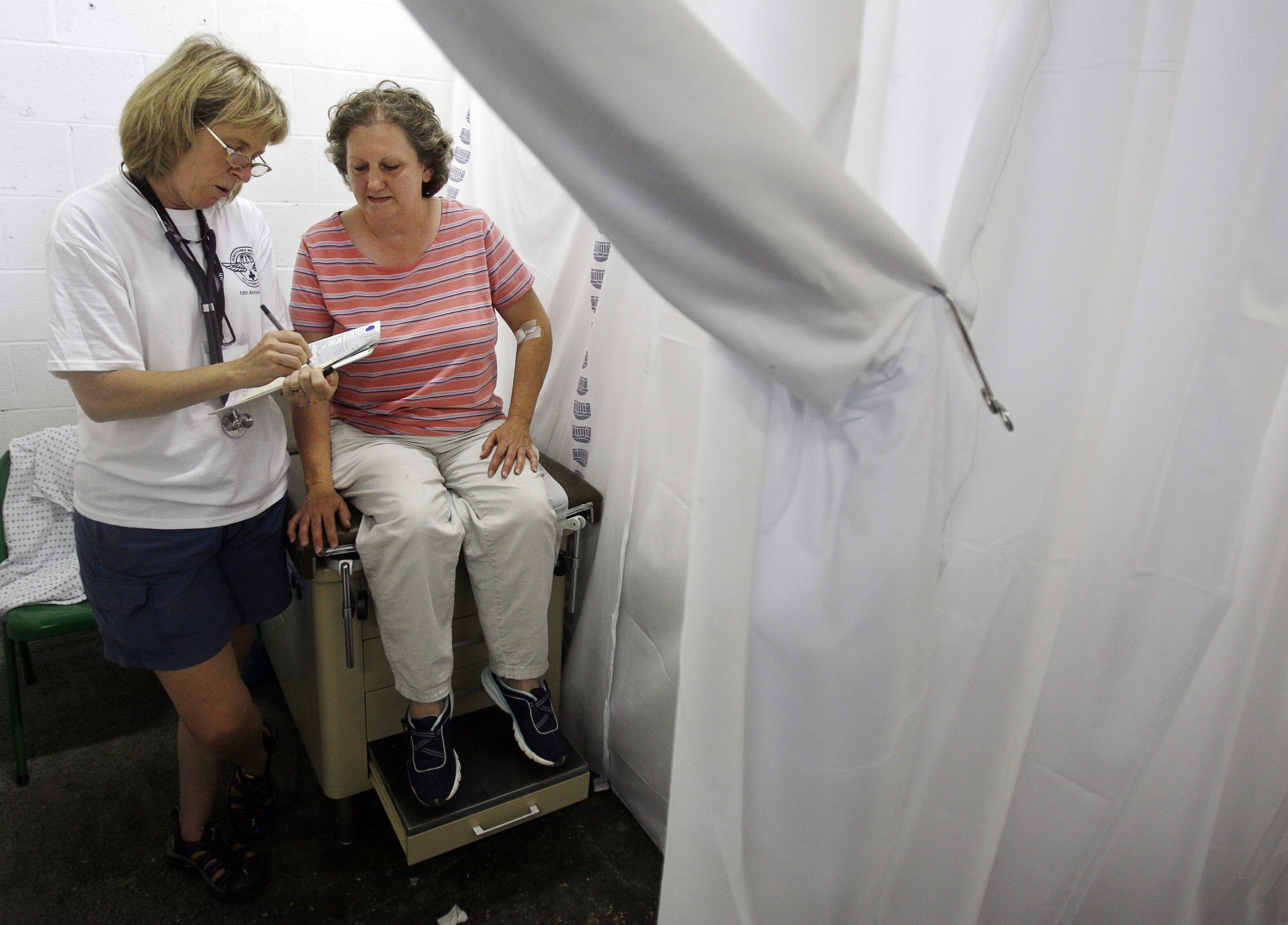These charts show that even before COVID, most children weren’t doing enough exercise

The World Health Organization (WHO) recommends children do at least 60 minutes daily.
Image: REUTERS/Amanda Perobelli
Stay up to date:
Health and Healthcare
- Only around one in four 11-year-olds in the EU reported one hour a day of exercise, according to OECD data.
- Girls are less physically active than boys in all countries surveyed.
- 76% of American children don’t get enough daily physical activity.
- WHO recommends children do at least 60 minutes daily.
Even before the COVID-19 pandemic confined millions of people to their homes, most children weren’t doing enough physical activity.
That’s the conclusion of the Organization for Economic Cooperation and Development (OECD), whose data shows that across EU countries, only around one in four 11-year-olds and only about one in seven 15-year-olds do an hour of moderate-to-vigorous exercise every day. The World Health Organization (WHO) recommends children do at least 60 minutes daily.
Italy, France, Portugal and Denmark were among the countries with the lowest levels of activity for both sexes, while Finland and Ireland topped the list. In all countries, girls were less physically active than boys.
American children also inactive
Similar themes emerge from US data, with the National Physical Activity Plan showing 76% of American children and youth don’t get enough daily physical activity.

“Some of the factors influencing the levels of physical activity undertaken by children include the availability of safe space and equipment, their school curricula and other competing pastimes, in particular screen activities,” the OECD says. “Heavy use of mobile devices and internet takes time away from other activities, including physical activity.”
Accept our marketing cookies to access this content.
These cookies are currently disabled in your browser.
The findings matter because the OECD says that physical activity is beneficial for development and sets good habits for adulthood, therefore influencing health outcomes later in life. They’re also important in the context of the COVID-19 pandemic, since many people have been confined to their homes or missed out on school, which risks compounding the issue.
What is the World Economic Forum doing to manage emerging risks from COVID-19?
COVID-19 caused a drop in exercise among young adults
More investigation needs to be done into the impact of the pandemic on physical activity, according to researchers Bruno C Huber and Julius Steffen.
Writing in the Journal of Translational Medicine, their study of students at six different Bavarian universities showed physical activity decreased when lockdown was implemented. More than 50% of those surveyed said they had been exercising between two hours and five hours a week before lockdown. Afterwards, only 39.7% reported the same.
“In summary, we were able to show, for the first time, a change in physical activity among young adults during the COVID-19 crisis,” they wrote. “Further studies investigating long-term effects of pandemic-related changes in physical activity on morbidity and mortality are warranted.”
Accept our marketing cookies to access this content.
These cookies are currently disabled in your browser.
Don't miss any update on this topic
Create a free account and access your personalized content collection with our latest publications and analyses.
License and Republishing
World Economic Forum articles may be republished in accordance with the Creative Commons Attribution-NonCommercial-NoDerivatives 4.0 International Public License, and in accordance with our Terms of Use.
The views expressed in this article are those of the author alone and not the World Economic Forum.
Related topics:
Forum Stories newsletter
Bringing you weekly curated insights and analysis on the global issues that matter.
More on Health and Healthcare SystemsSee all
Nina Rawal and Dorothy Chou
September 18, 2025
Eric White and Elia Tziambazis
September 18, 2025
Jan-Willem Scheijgrond and Syaru Shirley Lin
September 18, 2025
Ashwini Sharan and Abhishek Jain
September 15, 2025
Shyam Bishen
September 15, 2025









